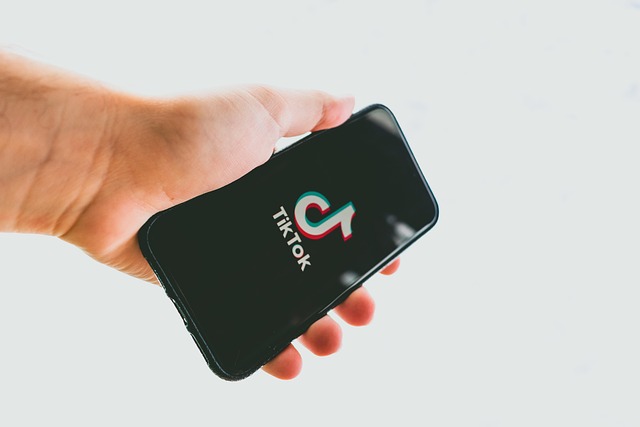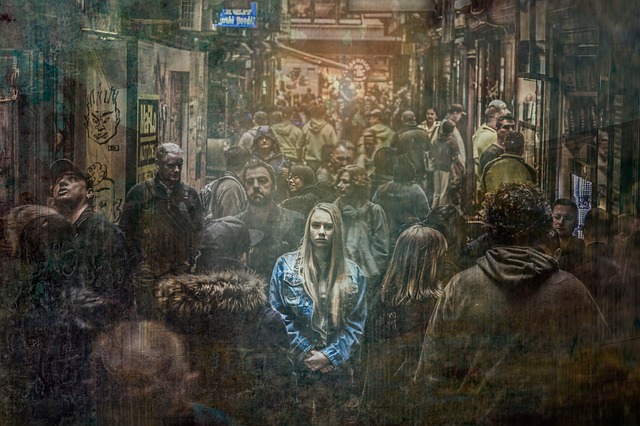In today’s digital landscape, self-representation has become a cornerstone of how we interact and connect with one another. As our lives increasingly unfold online, the way we present ourselves on social media plays an enormous role in shaping our identities. Social media platforms have transformed the dynamics of communication, making it easier to maintain relationships but also challenging us to curate our lives for an audience. This delicate balancing act raises questions about authenticity, perception, and the impact of self-representation on our social contacts.
Social media, with its array of platforms like Instagram, Twitter, and Facebook, invites users to share curated snippets of their lives. Each post, tweet, or story becomes a piece of our digital persona. We often find ourselves editing our experiences to fit a narrative that resonates with followers and friends, leading to a reflection that might be less about reality and more about idealization. This can create pressure to perform, as the fear of misrepresentation looms over every click of the post” button.
Across these platforms, we engage in a subtle art of self-representation. However, this can be a double-edged sword. On one hand, social media empowers us to express our individuality and share our passions, while on the other, it can lead to anxiety and a distorted self-image. The constant comparison to others often stems from the curated highlights of their lives—moments of success, happiness, and celebration that may not encompass the full scope of their reality. This skewed perception can complicate our social contacts, breeding feelings of inadequacy or disconnection.
The impact of self-representation is especially evident in the way we forge connections online. Social media compels us to redefine relationships; we might feel closer to some people through digital interaction than those we encounter daily. The ability to connect with friends and strangers alike through shared interests creates a sense of community. However, these interactions can also feel superficial at times. Are we truly knowing each other, or are we simply liking pictures without engaging in deeper conversations? As we navigate the ocean of digital connections, the challenge lies in discerning genuine friendships from fleeting acquaintances.
Moreover, the ephemeral nature of social media posts and stories can lead to a feeling of transience in our social lives. One moment, a friend is sharing a milestone achievement and the next, they might fade from our feeds. This phenomenon can leave us longing for deeper, more lasting connections as fleeting interactions become the norm. Navigating this environment requires us to be mindful of how we represent ourselves and others in this space.
To foster more authentic connections, we must embrace vulnerability in our self-representation. Sharing not just our victories but also our struggles can resonate with others, forging stronger bonds and inviting empathy. When we present a fuller picture of ourselves, we pave the way for supportive interactions that can transcend the often surface-level nature of social media. Openness encourages others to do the same, fostering a culture of honesty in self-representation.
Ultimately, understanding the significance of self-representation in social media contacts challenges us to reflect on the narratives we construct. It invites us to examine our online behavior: Are we shaping our profiles to impress, or are we expressing our true selves? As we traverse the digital world, striving for authenticity in our self-representation can help us navigate our social contacts with intention and build meaningful, lasting relationships in an ever-evolving digital age.




